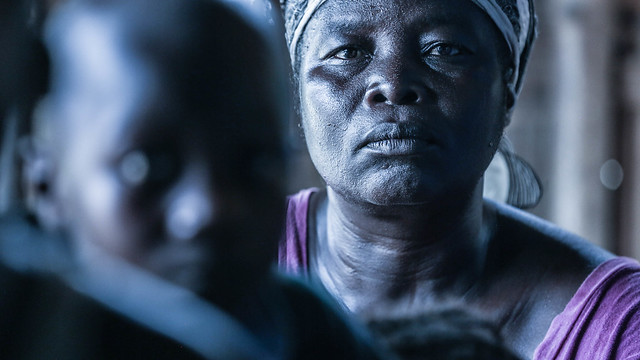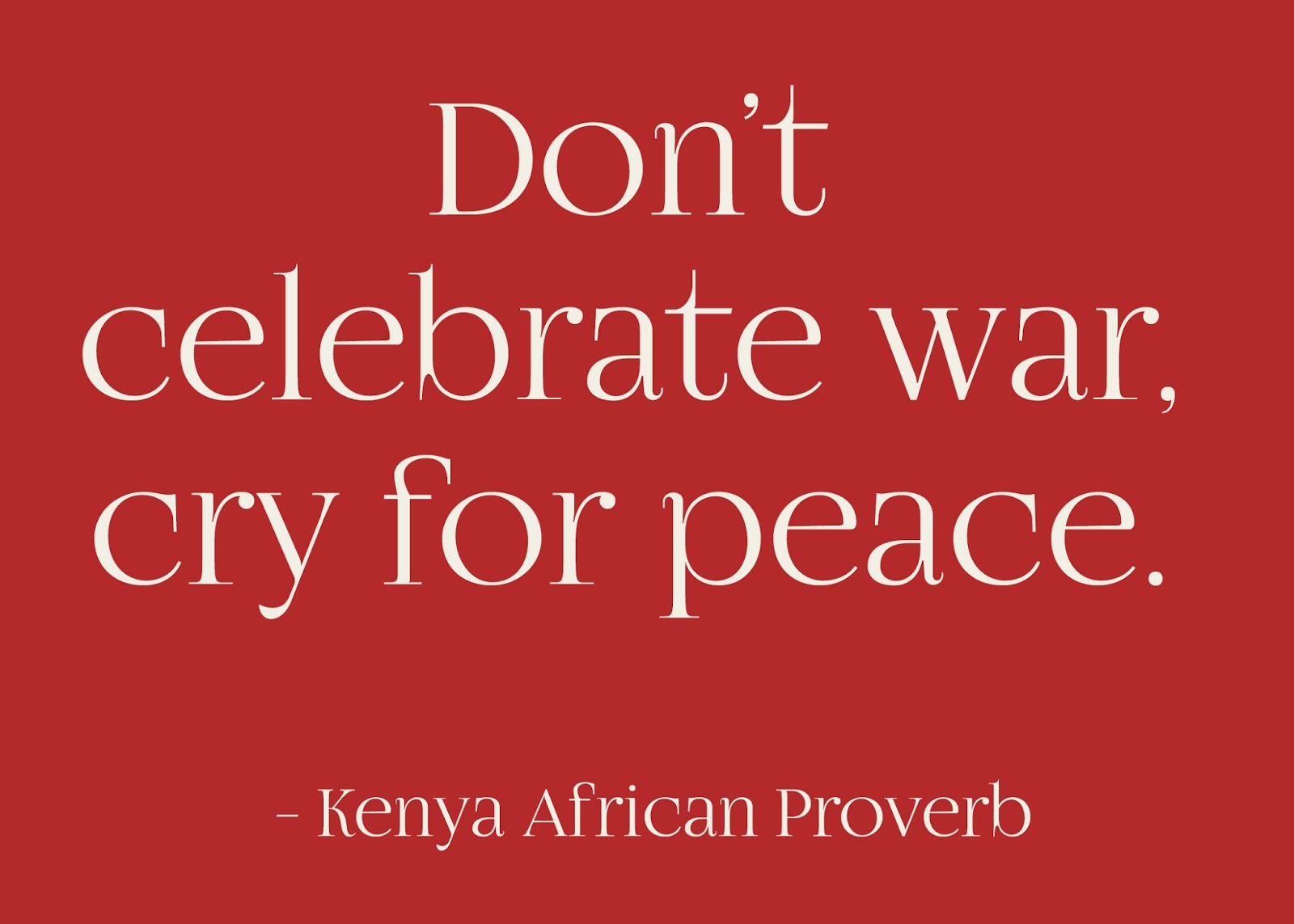Roots of Black Africanized Christianity Spiritual Songs
Roots of Black Africanized Christianity Spiritual Songs
Black African ways of worship shaped spirituals, gospel music, and hymns — leaving a lasting mark on Christianity and musical expression worldwide.

Across Africa, music has long been a sacred force — healing the sick, calling on ancestors, and praising God. Songs accompanied births, harvests, funerals, and daily labor. This deep musical heritage traveled with enslaved Africans to the Americas, where it intertwined with Christianity under both oppression and hope.
Slaveholders in North America feared the expressive African ways of worship — drumming, dancing, and ecstatic prayer — labeling them as wild or idolatrous. Many gatherings were banned, forcing worshippers to meet in secret prayer houses and brush arbor meetings.
Christianity had been introduced to parts of Africa centuries earlier, but the transatlantic slave trade brought it to new depths of suffering and resilience. Enslaved Africans took Bible stories of deliverance and layered them with their own experience. Out of this came the spiritual: a song of sorrow and endurance, yet also secret codes of escape and freedom.
“A keen observer might have detected in our repeated singing of 'O Canaan, sweet Canaan, I am bound for the land of Canaan,' something more than a hope of reaching heaven. We meant to reach the North, and the North was our Canaan.”

From Secret Meetings to Global Stage
The informal “praise houses” and brush arbor meetings of enslaved people birthed spirituals. Worshipers would sing, chant, and dance in ring shouts — shuffling circles of movement and call-and-response. These gatherings fused African rhythm with biblical hope.
In the 1870s, the Fisk Jubilee Singers brought spirituals to global audiences. Though some Black communities wanted to leave the music of slavery behind, the singers proved its beauty and power. Soon, ensembles across America carried the tradition into concert halls.
By the 20th century, gospel music emerged — keeping the spiritual’s soul but adding blues, jazz, and modern harmonies. Thomas A. Dorsey, the “father of gospel,” and singers like Mahalia Jackson brought this sound to churches and the wider world.
Even as gospel evolved, some rural Southern congregations preserved old-style spirituals, keeping alive the songs of ancestors. Spirituals also resurfaced during the Civil Rights Movement — “We Shall Overcome,” “Oh Freedom,” and “Eyes on the Prize” fueled marches and hope for justice.
Defining the Music
Spiritual Songs
Somber yet hopeful, spirituals express trust in God amid hardship. Often called Negro spirituals, they voiced longing for heaven and coded resistance against slavery.
Gospel Songs
Gospel blends sacred message with blues-inspired rhythms. Rising in the early 1900s, it invites the Holy Spirit and celebrates faith with emotion. Thomas A. Dorsey’s “Precious Lord, Take My Hand” remains a defining anthem.
Gospel Hymns
Gospel hymns are regal, scripture-centered songs. One of the earliest, “A Mighty Fortress Is Our God,” written by Martin Luther in the 1500s, reached African congregations and still resounds in worship today.
































